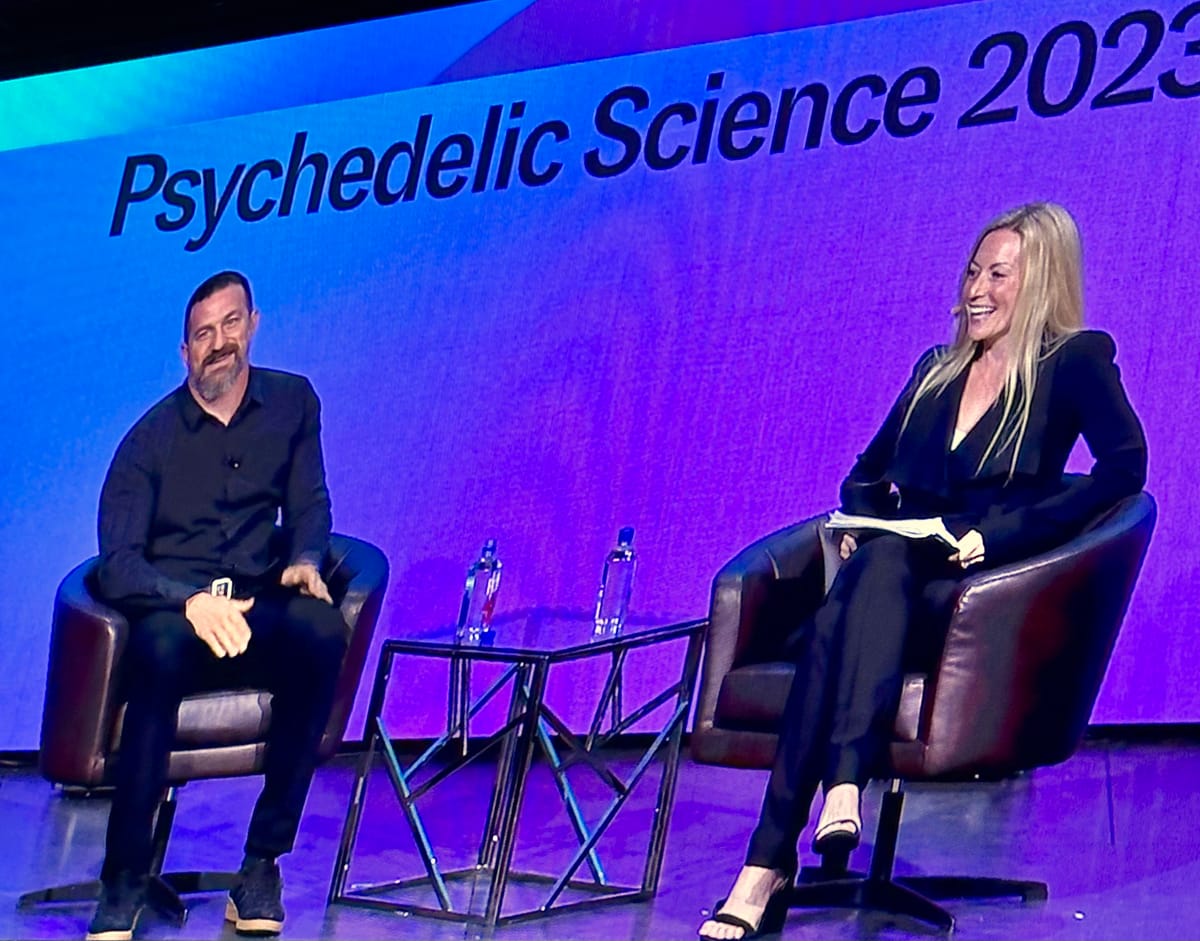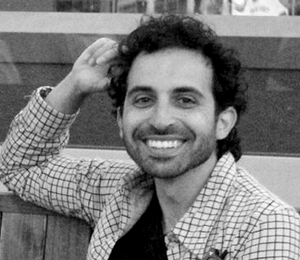Andrew Huberman is, when you get down to it, not that special. He is a neuroscientist, YouTuber, and podcaster. To me, someone who has never bothered to listen to him, he is just another in a long line of self-help internet personalities, with some neuro-babble and therapy-speak mixed in.
In a very long exposé published this week in New York Magazine, writer Kerry Howley details how Huberman lied and manipulated a series of women into as many as five or six concurrent, parallel affairs. This is on top of not actually appearing to be an active researcher at Stanford University, a core part of his brand and image, according to Howley:
I have never met a Huberman listener who doubted the existence of such a place, and this appears to be by design. In a glowing 2023 profile in Stanford magazine, we learn ‘Everything he does is inspired by this love,’ but do not learn that Huberman lives 350 miles and a six-hour drive from Stanford University, making it difficult to drop into the lab. Compounding the issue is the fact that the lab, according to knowledgeable sources, barely exists.
The long and the short of it is that Huberman appears to be a garden variety cheater and all-around unsavory character. A denial sums up the whole thing:
A spokesperson said, "Dr. Huberman is very much in control of his emotions."
The most important thing to know about Andrew Huberman, a point that Howley gets into in New York, is that he is only an expert in the neurobiology of the eye. Everything else about him — science-based self-help guru, therapy-speak aficionado, parenting expert, relationship coach — is an invention. Whether or not you find his discussion of research to be enlightening, he is no more a scientist of it than you or I. Whatever he knows about the subconscious, about absorbing ten minutes of sunlight per day (his advice), the physiological sigh, about his bugaboos diet and alcohol, he did not learn in the lab. He is, like many, many celebrity scientists before him, a salesman. He sells himself, as well as supplements that he endorses.
It is maybe not critical, international news that Huberman is a serial philanderer who kept a series of simultaneous affairs afloat like a circus clown keeps plates spinning. As far as I'm concerned, what a person does in his bedroom is between him and his mistress, his mistress, his mistress, his mistress, and his mistress. But it does put to bed the lie that this is a man with access to some novel ideas on the art of living because he has a PhD, or is a scientist, or works at a famous university.
It is just one more puncture in the ballooning myth of the celebrity scientist. Or rather, it strikes through the word scientist while underlining celebrity in heavy pencil. Huberman is a celebrity, someone who makes money off his own persona. That he is also a scientist is a secondary feature, a means by which he has attained his fame. Since becoming a celebrity, the veneer of science Huberman wears grew thinner and thinner.
This is an old game. Some celebrity scientists are friendly and charming talkers like Carl Sagan, a waxer about the philosophies of life. But into the space created by people like Sagan steps hucksters and opportunists, who engage in a self-mythology of celebrity scientists, as if they have access to some novel scientific wisdom.There are types like Jordan Peterson, a man who uses his doctorate and position at a university to sell books and right-wing grievances. Or like Neil deGrasse Tyson, who use their status and power as a means to allegedly harm women. The computer scientist and podcaster Lex Fridman parlayed an association with MIT and an academic paper that boosted Elon Musk’s self-driving car company into a career putting microphones in front of billionaire tech maniacs with fringe political ideas.
When I was a grad student, I attended a talk at my university given by the famous string theorist Michio Kaku. I was hoping to hear something new about the universe, something interesting, something mind-expanding, especially. Also the ticket was free and I was on campus in the evenings anyway. What I got instead was a lecture about biofuturism that Kaku seemed to have mostly spun from theoretical conversations he once had, including a long digression on toilets that will analyze poop in real time for disease (something that, I’ll admit, actually exists now, even if I doubt anyone will ever own one). I don’t think he wasn’t there to educate anyone, he was just there to sell a book. I left halfway through.
I doubt these revelations will do much to dent Huberman’s science communications career. Neil deGrasse Tyson faced credible sexual assault charges and continues publishing best-sellers, directing the Hayden Planetarium, and cheerfully appearing on Joe Rogan podcasts. If you enjoy Huberman’s work and have found it benefits you (something even Howley admits), that’s great. Life is hard and I would never begrudge anyone their sources of comfort.
This article that I’m writing right now, and the NY Mag piece too, are just a lot of words to say that a person with a PhD is an expert in the thing they study, and nothing else. Scientists are the same mix of earnestness and sleaze as any other person. This is the kind of person that I’d like Sequencer to focus on. Scientists deserve a level of scrutiny they often avoid. They use “science” as a shield to deflect distrust. Nearness to science is not equivalent with morality or wisdom. It's not that science or scientists shouldn't be trusted; they should be trusted or not trusted in the same measures as any other human activity like "the law" or "literature."
Celebrity scientists often erode a system of trust that more honest scientists work to build. They borrow the credibility of their fields for their own enrichment. Huberman is a scientist like any other; he has a perfectly reasonable publication record, and how he comports himself in his private life isn’t an indication of his intelligence or his worth as a scientist or communicator. But he did use his scientific credentials to sell a version of himself — full of rigorous wisdom — that doesn’t line up with reality. There are probably better YouTubers out there.




